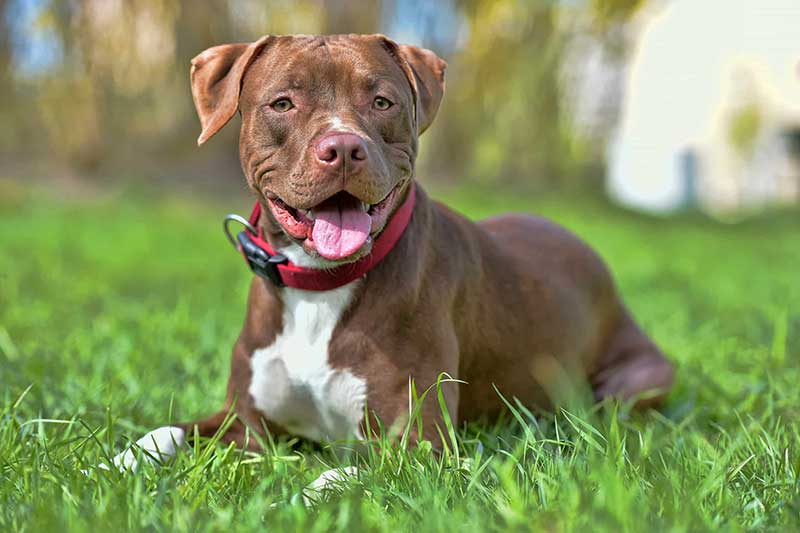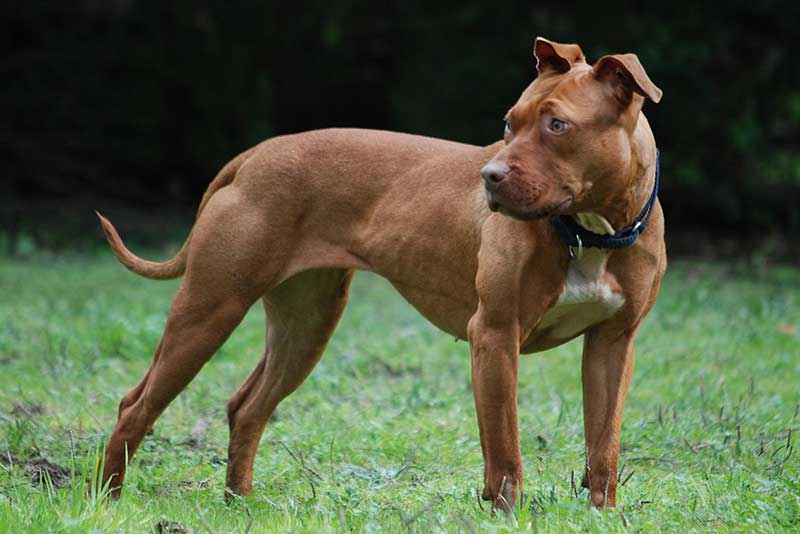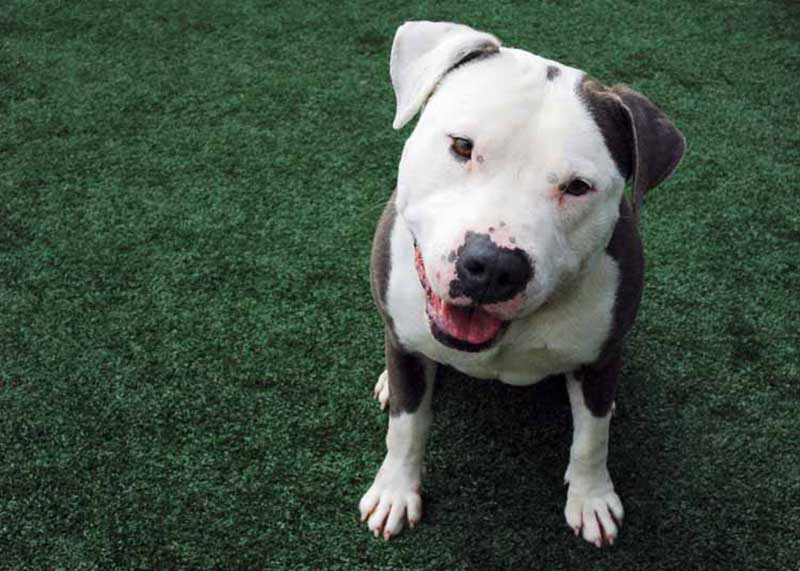
Pit Bull Terriers, often referred to simply as “Pit Bulls,” have long been a topic of fascination and debate. These strong and muscular dogs are known for their loyalty, intelligence, and protective instincts. However, they have also been at the center of controversies and misconceptions. In this article, iqnect will delve into the origins of Pit Bull Terriers and explore their history, physical characteristics, temperament, roles, health concerns, and the responsibilities that come with owning these beloved dogs.
The History of Pit Bull Terriers
Origins in the United Kingdom
The history of Pit Bull Terriers traces back to 19th-century England. Breeders sought to develop dogs that excelled in bull-baiting and other blood sports. The breed was a result of crossing various bulldog and terrier breeds, giving rise to agile and tenacious dogs.
American Pit Bull Terriers
As immigrants moved to the United States, they brought Pit Bull Terriers with them. These dogs found a new purpose in America, where they became farm dogs, herders, and guardians. They were also utilized in hunting and as catch dogs for wild game.
Pit Bulls in Popular Culture
Over the years, Pit Bulls have become popular in mainstream media, often portrayed as aggressive and dangerous. These depictions have contributed to the perpetuation of negative stereotypes surrounding the breed.

The Physical Characteristics of Pit Bull Terriers
Pit Bull Terriers are medium-sized dogs with a strong and muscular build. They have a short coat that comes in various colors, and their eyes are expressive and round. Despite their muscular appearance, they are agile and capable of quick movements.
Misconceptions and Controversies Surrounding Pit Bulls
Media Portrayal and Stereotyping
One of the biggest challenges facing Pit Bull Terriers is negative media portrayal. Isolated incidents of aggression are often sensationalized, leading to a skewed perception of the entire breed. It is essential to remember that temperament varies among individual dogs and is influenced by factors such as socialization and training.
Breed-Specific Legislation
Pit Bulls have faced breed-specific legislation (BSL) in some areas, leading to breed bans and restrictions. However, many experts argue that BSL is ineffective and unfair, as it fails to address the root causes of dog aggression and focuses on breed rather than individual behavior.
The Temperament and Behavior of Pit Bull Terriers
Nature vs. Nurture Debate
The debate on nature vs. nurture is prevalent in discussions about canine behavior, including that of Pit Bull Terriers. While genetics play a role, early socialization, training, and positive experiences heavily influence their temperament.
Pit Bulls as Family Pets
Contrary to popular belief, Pit Bull Terriers can be loving and affectionate family pets. With proper training, socialization, and care, they often show unwavering loyalty and devotion to their human families.

Pit Bull Terriers in Various Roles
Working Dogs
Pit Bulls’ intelligence and strength have made them excellent working dogs. They have been employed in various roles, including search and rescue, police and military work, and service tasks.
Therapy Dogs
Pit Bulls have proven to be gentle and empathetic, making them ideal candidates for therapy work. Their ability to form strong bonds with humans allows them to provide emotional support to individuals in need.
Responsible Ownership and Training
Training Techniques
Positive reinforcement training methods work best with Pit Bull Terriers. These dogs respond well to praise and rewards, and harsh training methods can lead to fear or aggression.
Socialization and Obedience
Early socialization is crucial for Pit Bull Terriers to develop into well-mannered and confident dogs. Obedience training should be consistent and ongoing to ensure they are well-behaved members of society.
Health Concerns and Care for Pit Bull Terriers
Common Health Issues
Like all dog breeds, Pit Bull Terriers are prone to certain health conditions, including hip dysplasia, skin allergies, and heart disease. Regular veterinary check-ups and a balanced diet can help maintain their health.
Proper Nutrition and Exercise
A nutritious diet and regular exercise are essential for the well-being of Pit Bull Terriers. Engaging them in physical activities not only keeps them physically fit but also helps with mental stimulation.
Pit Bull Rescue and Advocacy Organizations
Supporting Pit Bull Rescues
Numerous organizations are dedicated to rescuing and rehoming Pit Bull Terriers. These rescue groups play a vital role in providing second chances for dogs in need of loving homes.
Advocacy Efforts
Advocacy organizations work to challenge stereotypes and promote responsible pet ownership. They also focus on education and outreach to dispel misconceptions surrounding Pit Bull Terriers.
https://www.youtube.com/watch?v=aPZFeg14WbU
Conclusion
In conclusion, Pit Bull Terriers have a rich history and have been valuable companions to humans throughout the years. While misconceptions and controversies persist, it is essential to judge each dog as an individual and promote responsible ownership. With proper care, training, and socialization, Pit Bull Terriers can be wonderful family pets and contribute positively to society.
FAQs (Frequently Asked Questions)
Are Pit Bull Terriers inherently aggressive?
No, Pit Bull Terriers are not inherently aggressive. Like all dogs, their temperament is influenced by various factors, including genetics, socialization, and training.
Do Pit Bulls make good family pets?
Yes, Pit Bull Terriers can make excellent family pets. With proper care and training, they can be affectionate and loyal companions.
What is the best training method for Pit Bull Terriers?
Positive reinforcement training, using rewards and praise, is the most effective and humane way to train Pit Bull Terriers.
Are Pit Bull Terriers good with children?
When properly socialized and trained, Pit Bull Terriers can be great with children. However, supervision and teaching children how to interact with dogs are essential.
How can I support Pit Bull rescue efforts?
You can support Pit Bull rescue organizations by adopting, volunteering, or donating to their cause.
